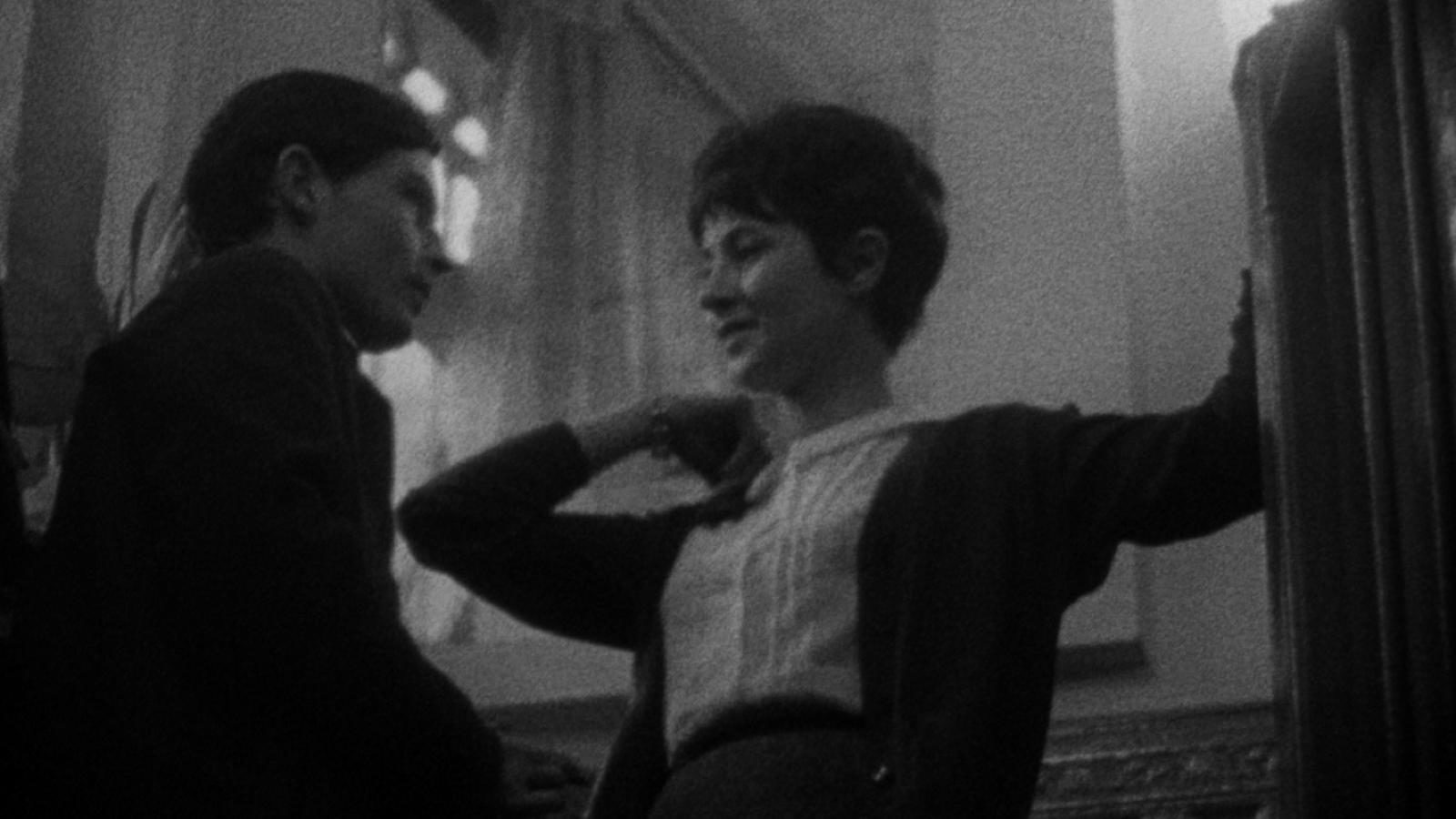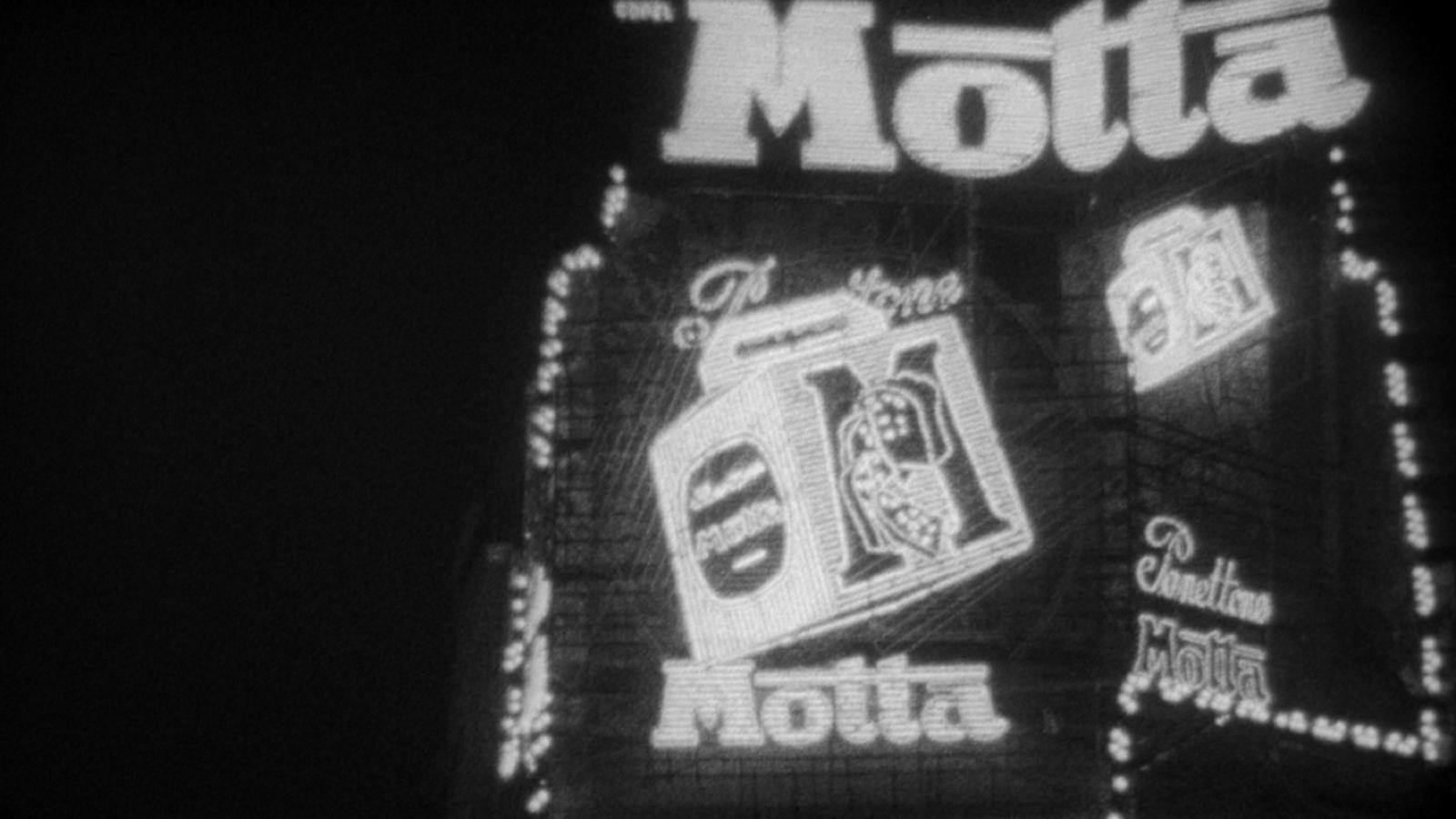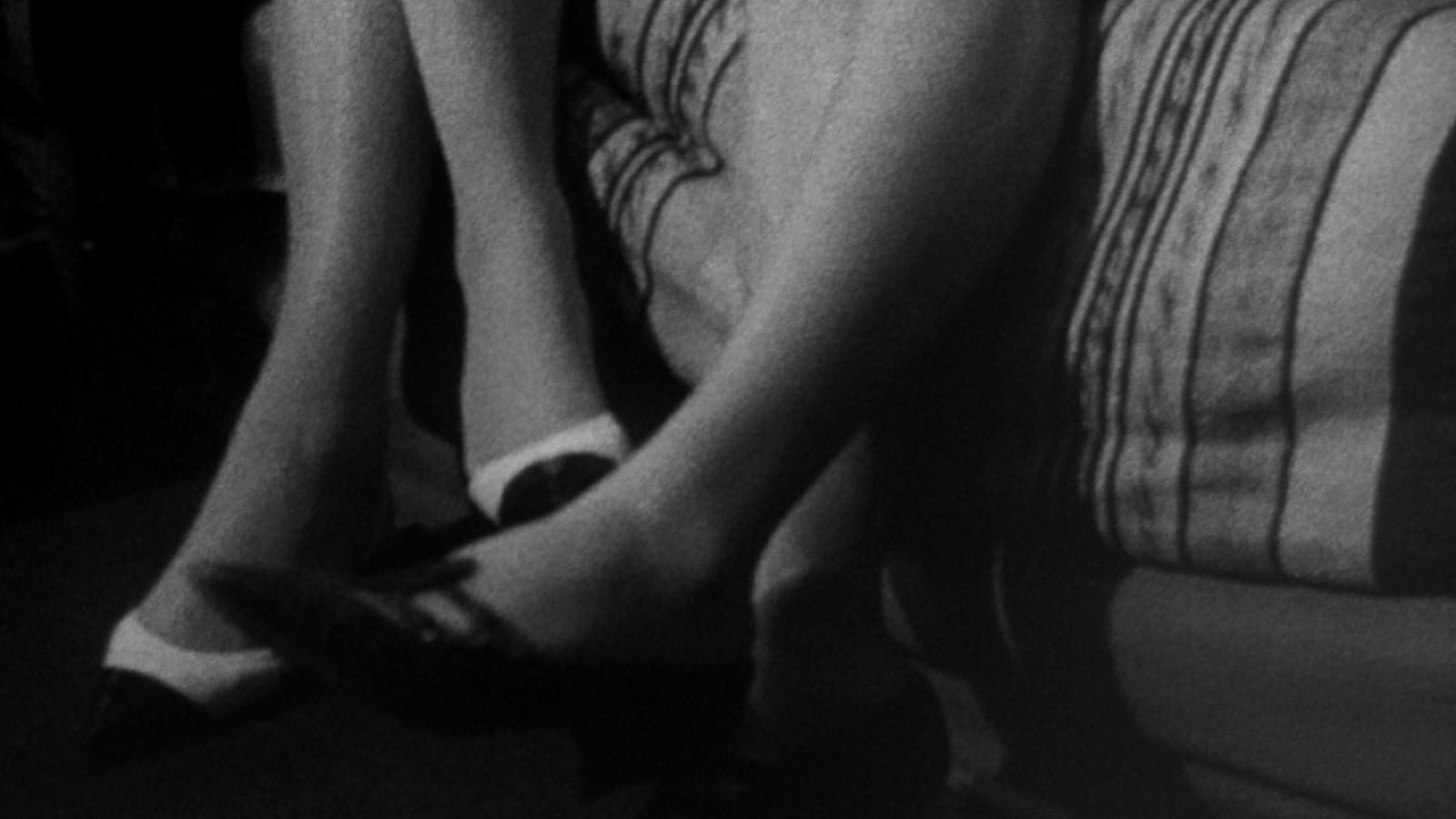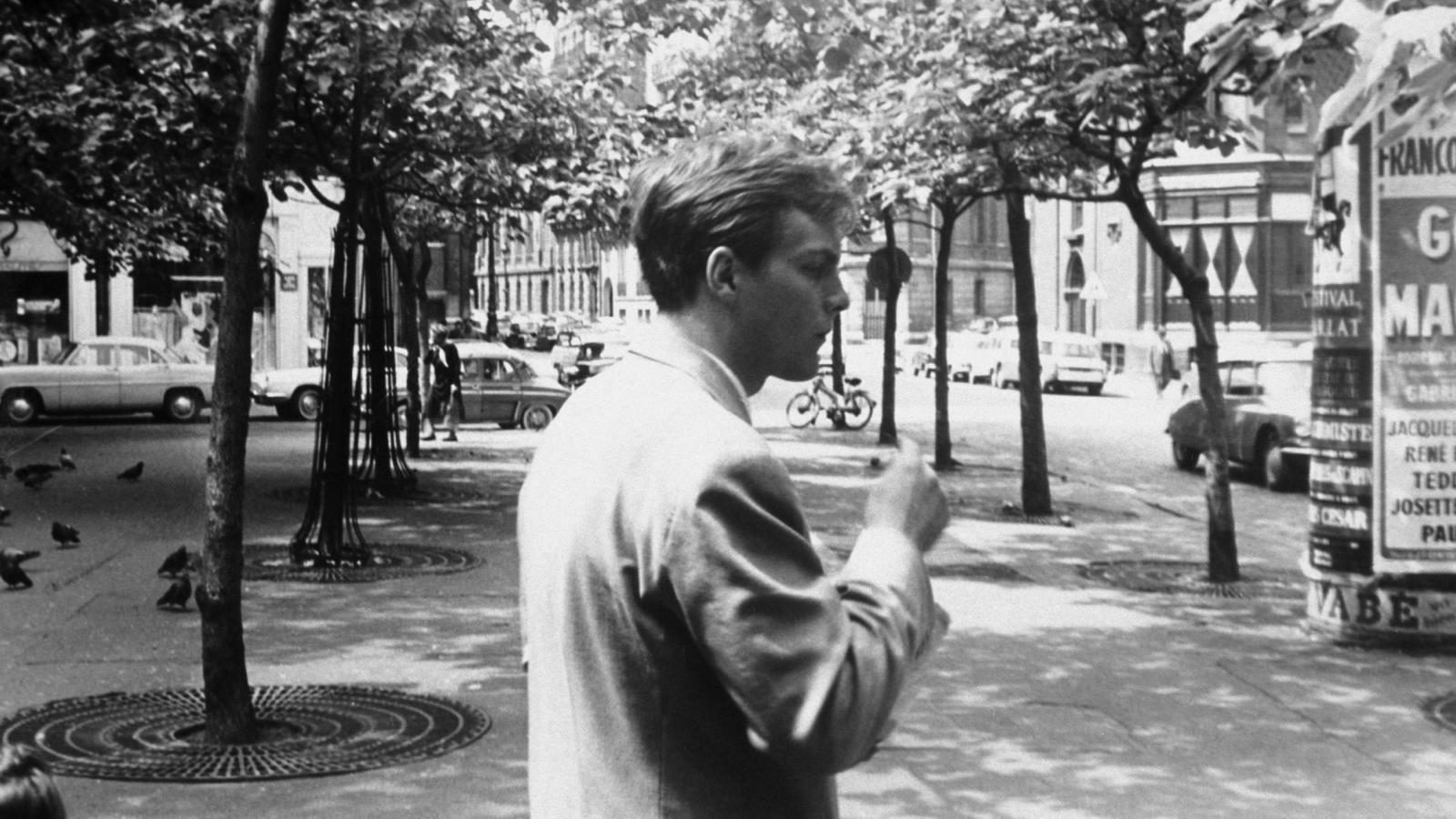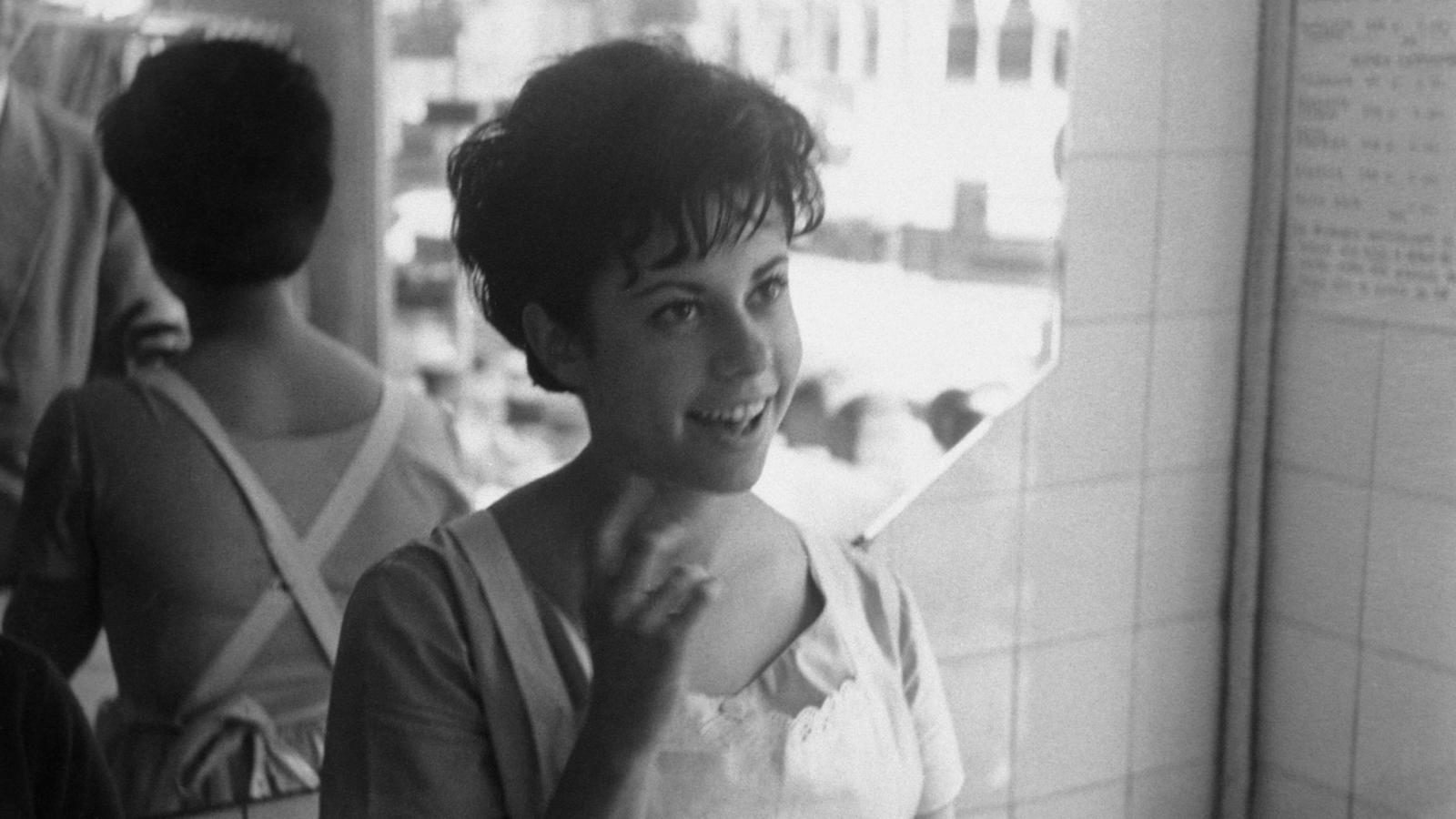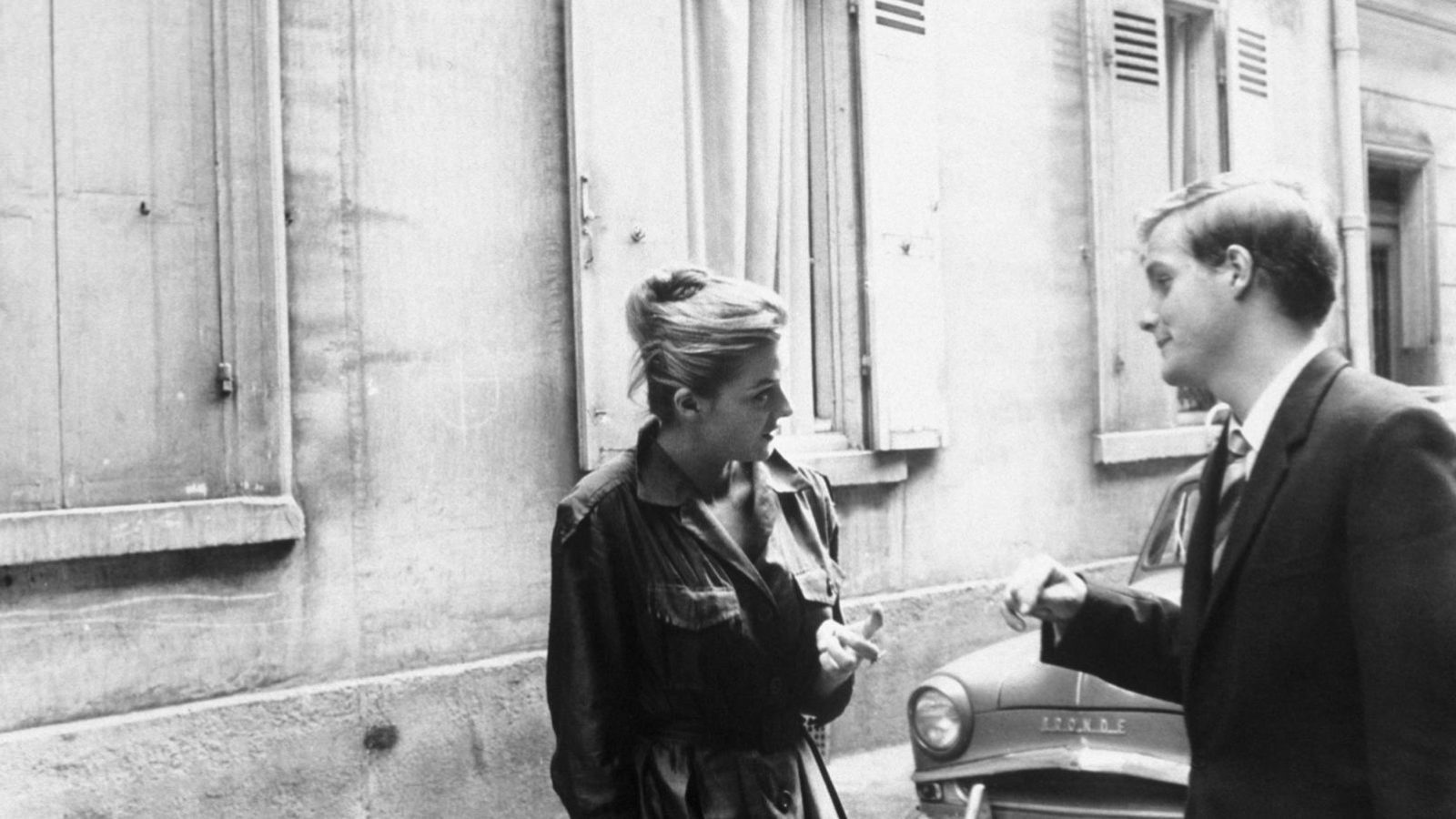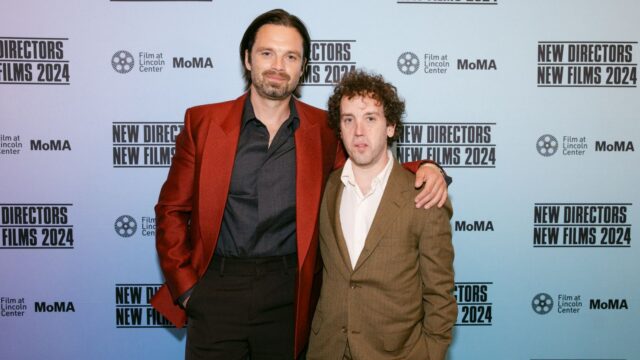Suzanne’s Career - La carrière de Suzanne
“Eighteen is an age without excuses,” began the 1949 short story Rohmer later revised as the treatment for the second of the Moral Tales. Rohmer made few excuses for the two college-age men at the story’s center, who spurn what they call the “career” of an outgoing young woman they both pursue. In Suzanne’s Career, Rohmer and his collaborators—a team of friends and fellow cinephiles that again included Barbet Schroeder—developed a handful of devices that recurred throughout the later Tales: causal medium-to-long takes, a modest battery of well-used locations, and extended dialogue scenes that pay close attention to how these people, with all their pretentions and prejudices, would actually talk. Suzanne’s Career now seems like both a revealing predecessor to La collectionneuse and a trenchant, observant drama all its own.
Screening with:
The Bakery Girl of Monceau / La boulangère de Monceau
Eric Rohmer, France, 1963, 23m
French with English subtitles
The first of Rohmer’s Moral Tales—and the only one not adapted from a short story he’d written long before—is an effervescent and subtly cutting portrait of a young man (played by Rohmer’s longtime associate Barbet Schroeder) whose romantic interest swings between a well-to-do student and the bakery girl he casually courts when he loses track of his real object of affection. Nimble and acute, The Bakery Girl of Monceau is the closest Rohmer ever came to working in the pioneering style of his younger Nouvelle Vague colleagues and a clear incubator for the ideas he’d explore in the rest of the series.

